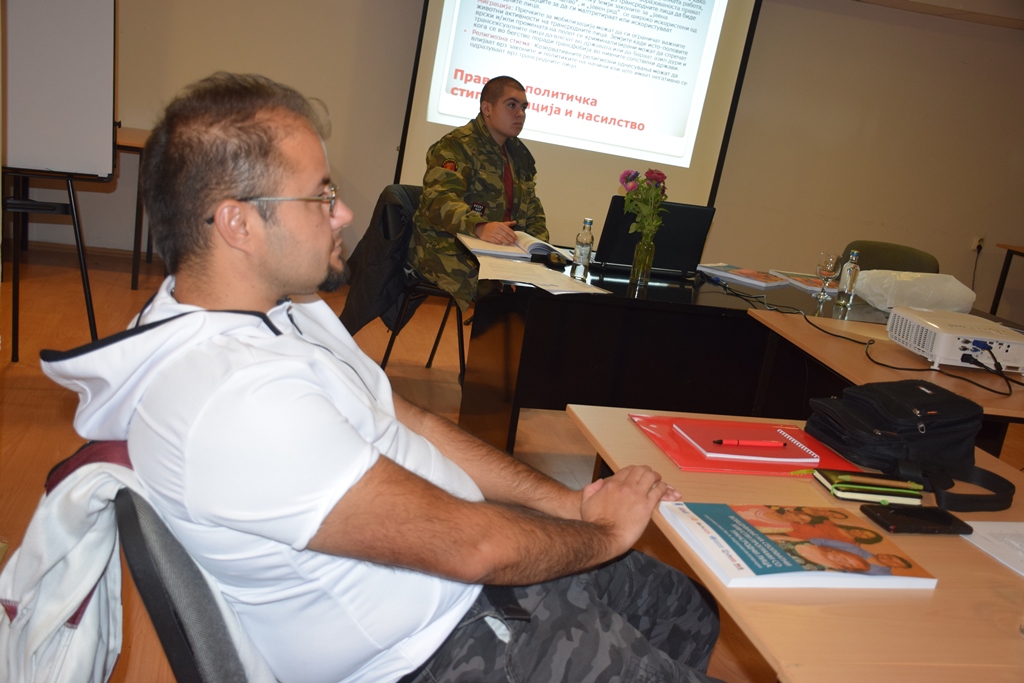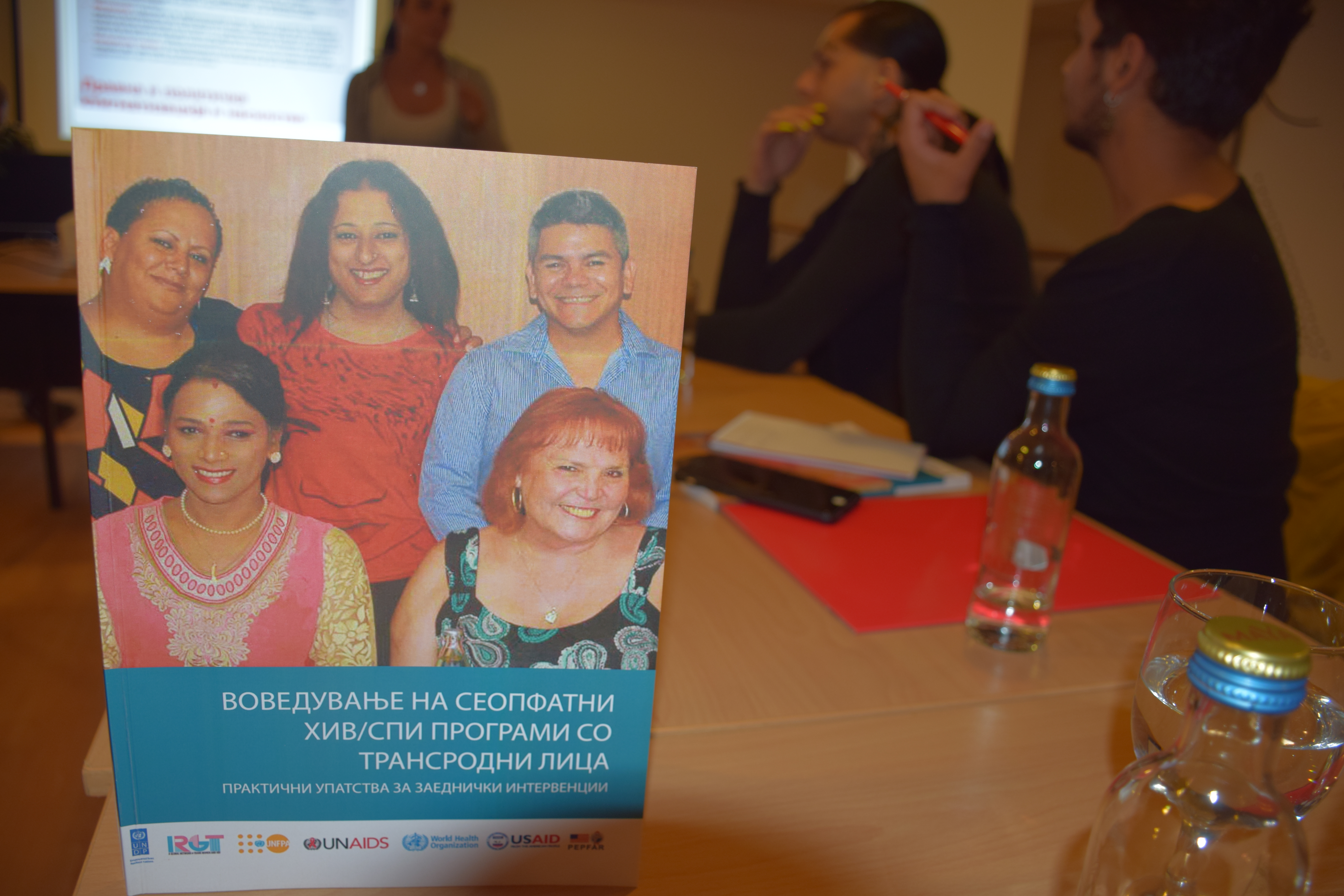On 04.10.2019, at Hotel Porta, Skopje, a workshop on “Implementation of TRANSIT in the Republic of North Macedonia“ was held, organized by STAR-STAR – Association for Support of Marginalized Workers in collaboration with TRANSFORMA – An Initiative for Protection and Promotion of Transgender People’s Rights in North Macedonia. This project activity is supported and funded by EKHN – Eurasian Key Populations Health Network. EKHN is an innovative partnership that leads and inspires the Eurasian region in achieving universal access to HIV prevention, treatment, care and support for Key Populations including but not limited to sex workers, men who have sex with men, transgender people, and other key populations.
“TRANSIT” or tool on “Implementing Comprehensive HIV and STI Programmes with Transgender People” is an internationally recommended approach that contains practical advice on providing HIV and sexually transmitted infection (STI) programmes among transgender people. The implementation of TRANSIT tool will be very useful for the transgender community in the Republic of North Macedonia. By adapting this tool, transgender people will be provided with a range of practical tips and guidelines for joint interventions to perceive and overcome the problems they face on a daily basis.
This tool describes how services can be designed and implemented to be acceptable and accessible to transgender people, and special attention is put on the good and constant communication with the community. This tool is a product of collaboration among transgender people, advocates, service-providers, researchers, government officials and non-governmental organizations (NGOs) from around the world, as well as United Nations agencies, and development partners from the United States.
This tool is designed for use by public-health officials and managers of HIV and STI programmes; NGOs, including community and civil-society organizations; and health workers. It may also be of interest to international funding agencies, health policy-makers and advocates. It is meant to cover implementation of interventions across the full HIV services continuum, including interventions for prevention, diagnosis, treatment and care.










